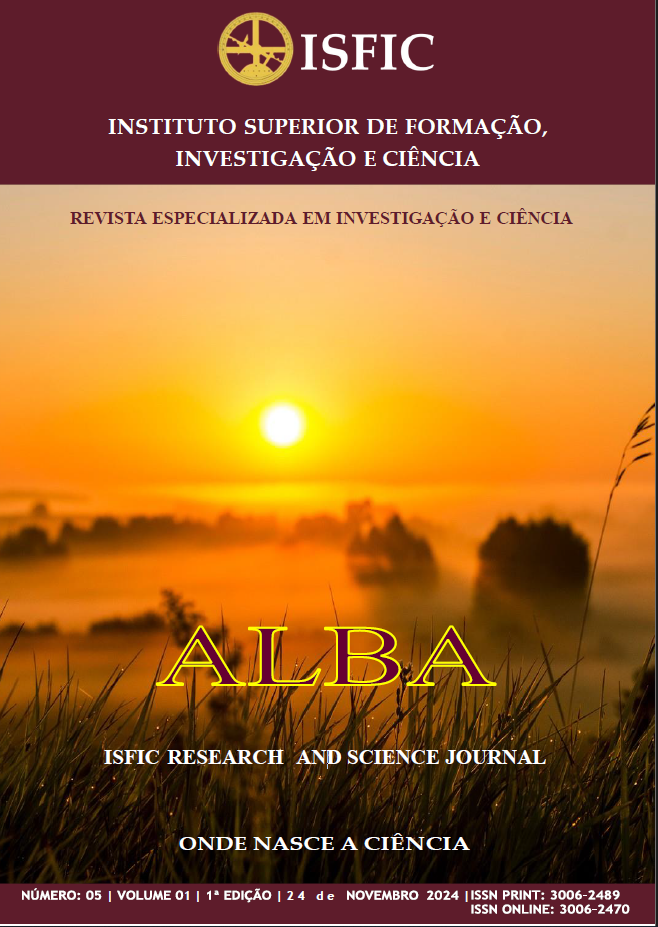MODELO DE REPRESENTAÇÃO SOCIOLÓGICA NA POLÍTICA EM MOÇAMBIQUE: UMA INTERLOCUÇÃO INGRESSE A TEORIA E A PRÁTICA
Resumo
O presente artigo reflecte sobre o Modelo de Representação Sociológica na Política em Moçambique, a partir de uma Interlocução ingresse a Teoria e a Prática. Com base na abordagem qualitativa, foi possível obter percepções e opiniões dos participantes da pesquisa e examinadas à luz dos autores lidos. Recorreu-se as técnicas de pesquisa bibliográfica, documental e a entrevista, que foram úteis para aprofundar melhor o tema estudado. De igual modo, optou-se por uma amostragem não probabilística de 15 participantes de tipo intencional, dentre docentes universitários e funcionários públicos afectos em várias instituições, privadas e públicas. O estudo compreende que a representação sociológica é a via pelo qual os indivíduos, um grupo colectivo ou mesmo uma sociedade têm sobre uma determinada questão ou matéria. Assim, para tornar real a representação sociológica na política moçambicana, há que se levar em conta o modelo espelho ou sociológico, pelo facto de este estar assente na vontade popular. Assim sendo, para ser representante em sede parlamentar, a condição não pode ser só a pertença de uma determinada filiação partidária, mais também ser cidadão nacional, onde poderá submeter projecto e proposta de candidatura. Outrossim, a insuficiência democrática é a falha do sistema de funcionamento da política e da governação do Estado. Para que haja uma representação sociológica efectiva em Moçambique, para além do modelo espelho ou sociológico, os representantes devem pautar pela transparência meritocrática, que significa assistir ao funcionamento célere e independente da justiça, partilhar causas e objectivos comuns, tomar conta e cuidar afincadamente do solo pátrio.
Downloads
Referências
Bardin, L. (2011). Análise de Conteúdo. Lisboa: Edições 70.
Cantelli, V. (s.d) Procedimentos utilizados pelas famílias na educação econômica de seus filhos. Campinas: Tese de Dout
Cancian, R. (s.d). Representação política - Três modelos de representação política
Cotta, M. (1992). Representação política. In: Bobbio, N.; Matteucci, N. & Pasquino, G. (orgs.). Dicionário de política. 4ª ed. V. 2. Brasília: UNB.
Correia, B. (2023). Insuficiência democrática. Acessado em:
Denegri, M (1998). La construcción de nociones econômicas en la infância y adolescência. In: Ferro, J. e Amar, J. Desarrollo humano: perspectivas siglo XX. Colombia: Universidad del Norte Ediciones.
Doise, W. (1992). L’ancrage dans les études sur les representations sociales. Bulletin de Psychologie, 405, 189-195.
Moscovic, S. (1978). A Repesentação Social da Psicanálise, Rio de Janeiro. Zahar
Moscovici, S. (2003). Social Representations. Cambridge: University Pres
Moscovici, S. (2005). Representações sociais: investigações em psicologia social. Rio de Janeiro: Vozes,
Parreira, P. Mónico, J. Paiva, T. Alves, L (2018). Análise das Representações Sociais e do Impacto da Aquisição de Competências em Empreendedorismo nos Estudantes do Ensino Superior Politécnico.
Piaget, J. (1974/1994) A representação do mundo na criança. Rio de Janeiro: Record.
Rangel, M. (2004). A pesquisa de representação social como forma de enfrentamento de problemas sócio educacionais. São Paulo: Idéias e letras.
Sá, C. (1995) Núcleo central das representações sociais. Rio de Janeiro: Vozes, 1995.
Sousa, J. 1971). Da representação política São Paulo: Saraiva
Osti, A. Silveira, C. Brenelli, R. (2018). Representações Sociais – Aproximando Piaget e Moscovici.







